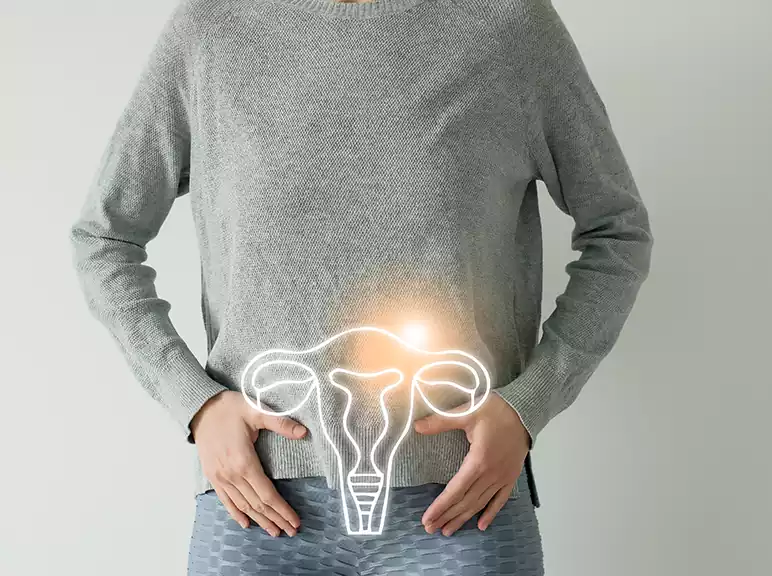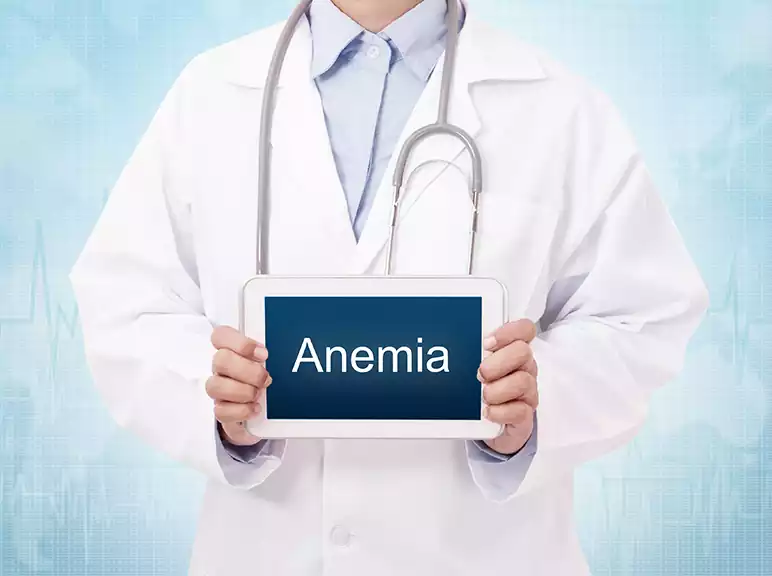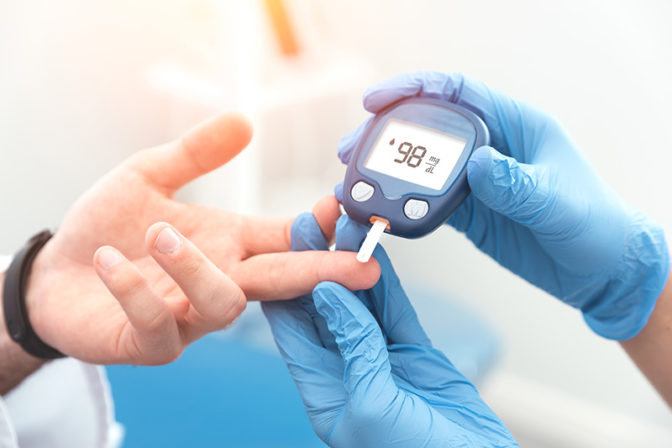Kidney and liver diseases
The kidneys and the liver serve vital functions for the overall well-being of the human body. The kidneys perform the function of removing waste from the body to prevent the toxicity of other organs and to maintain the health of the body. The liver helps to control infections, digestion and blood sugar levels.
The primary link between liver failure and kidney failure is that both conditions can lead to many of the same symptoms. They may also occur when a patient has specific conditions.
The kidneys and the liver function in a similar way, since each organ, is a filter for different parts of the body, and each act to absorb toxins from the urine, digestive tract, and blood. It makes them particularly prone to illness in individuals who engage in high-risk behaviours.
Causes
Both liver failure and kidney failure are more common in people who use certain substances. Individuals consume alcohol, tobacco and recreational drugs are at a much higher risk of developing these conditions than those who do not. Eating a diet full of fat and having a sedentary lifestyle also increases risk. Liver and kidney failure can be avoided by exercising regularly and eating a healthy diet rich in fruits and vegetables.
Symptoms
Liver failure and kidney failure exhibit many of the same symptoms. Urinary and digestive upset are common in both. Abdominal pain can also be present in both cases. Additional symptoms may include swelling, skin changes, itching, back pain, nausea, and changes in taste.
Types of Kidney Diseases
Chronic Kidney Disease The kidneys have been damaged and cannot filter blood the way they should. Chronic kidney disease is a progressive type of problem which gets worse over time and is the most common type of kidney disorder. It can be managed, but it is not a curable.
Other Types of Kidney Disease
- Glomerulonephritis. This kidney disease develops when the glomeruli (tiny filters) that remove waste from the body become inflamed or damaged and do not function properly.
- Autoimmune-disease related kidney disease. Certain autoimmune diseases like lupus or rheumatoid arthritis, cause the immune system to attack the body’s cells which leads to reduced kidney function.
- Polycystic kidney disease. It is the development of fluid-filled cysts all over the kidneys and causes the organs to grow too big and lose function. It’s a progressive and incurable disease, but it can be managed with medications.
- Kidney cancer. Genetic mutations in cells of the kidney can give rise to cancerous tumours. It’s is found in people who are aged 45 and above. It can be treated with interventions including surgery, radiation therapy, immunotherapy and chemotherapy.
Treatment
- High blood pressure medications.
- Medications to lower cholesterol levels.
- Medications to treat anaemia
- Medications to relieve swelling.
- Medications to protect your bones
- A low protein diets
Types of Liver Disease
Hepatitis
Hepatitis is a viral infection in the liver. It causes inflammation and liver damage, that makes it difficult for the liver to function normally.
All types of hepatitis are contagious, but a person reduce their risk by taking vaccinations for types A and B or following other measures such as not sharing needles.
Fatty liver disease
The accumulation of fat in the liver may lead to fatty liver disease.
There are two types:
- Alcoholic fatty liver disease: The consumption of excess alcohol causes this disease.
- Non-alcoholic fatty liver disease is caused by other factors which experts have not found.
Both the fatty liver diseases can cause liver damage if left unmanaged it can lead to cirrhosis and liver failure. Diet and other lifestyle changes can help to improve symptoms and reduce the risk of complications.
Cancer
Liver cancers first develop in the liver. If cancer begins elsewhere in the body but spreads to the liver, it is known as secondary liver cancer.
Cirrhosis
Cirrhosis is the scarring caused by liver diseases or alcohol use disorder. Syphilis or cystic fibrosis may also lead to liver damage and, eventually, cirrhosis.
Liver failure
- Chronic liver failure occurs when a significant part of the liver is damaged and cannot function properly. It’s a severe condition that needs ongoing management.
- Acute liver failure happens all of a sudden, often in response to an overdose or poisoning.
Treatment
Specific liver problems can be treated with lifestyle changes, such as giving up alcohol or weight loss, typically as part of a medical program that includes careful monitoring of liver function. Other liver problems may be treated with medication or may require surgery. Treatment for liver disease that causes or has led to liver failure may ultimately require liver transplantation.
Liver and Kidney Failure
Patients may receive dialysis either from liver failure or from kidney failure to maintain their body function until the underlying cause of the disease can be healed, or until an organ transplant could be performed. As the body can survive with one kidney, a live donor may be possible for those in need of a kidney transplant. Live donors may also be a possibility for liver transplant recipients because a small portion of a healthy liver can be transplanted to the patient. This portion will eventually grow to full size and function as a full organ, and the donor’s liver will eventually be refilled.
Department of Internal Medicine
Book An Appointment
Related Post








